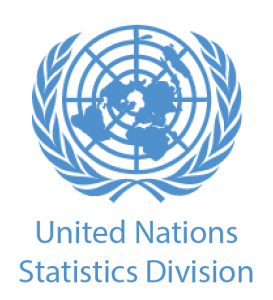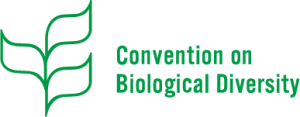Advancing Natural Capital Accounting (NCAVES)
Bhutan, Chile, Indonesia, Mauritius, Mexico, South Africa, Vietnam

©Wikipedia
The System of Environmental-Economic Accounting (SEEA) has emerged as a leading tool in the support of policy and analysis of the environment and its relation with economic and human activities. Its particular strength is its capacity to integrate environmental information into standard measures of economic activity. It can therefore facilitate the mainstreaming of environmental information in economic development and planning discussions and serve to recognize the connections between environmental policy objectives and broader societal outcomes.
The SEEA Central Framework (CF) was adopted in 2012 by the UN Statistical Commission at its 43rd session as the international statistical standard for environmental-economic accounting. Further, at its 44th session in 2013, the UNSC endorsed SEEA Experimental Ecosystem Accounting (EEA). The Commission encouraged its use by international, regional agencies and countries wishing to test and experiment in this new area of statistics. Together these technical documents provide a comprehensive platform for the development of comparable measures of the relationship between the environment and the economy across the world and support mainstreaming of the full range of ecosystem services and benefits in standard macro-economic accounts and indicators.
The focus of this project on advancing and testing SEEA-EEA sits at the leading edge of accounting practice. The modelling and scaling of information on ecosystem services, ecosystem condition, and ecosystem capacity across all types of ecosystems represents a significant challenge. However, understanding and knowledge in this area is advancing at a rapid pace involving people from many disciplines including ecology, economics, statistics and geography. Data sources range from specific local data to global satellite imagery. While complex, there is undoubtedly a way forward and this project seeks to consolidate the gains that have been made and support the advancement of the work.
Project activities
- A Five-Year Global Strategy for advancing the testing and research agenda of the SEEA-EEA
- Guidelines on testing
- Training material
- Communication and outreach material for SEEA
- Country plans for Bhutan, Chile, Indonesia, Mauritius, Mexico, South Africa, and Vietnam
Technical guides
- A Perspective on Capacity and Capability in the Context of Ecosystem Accounting
- Technical Guide 1: A functional Approach to EEA for Units and Ecosystem Services
- Technical Guide 2: Land Accounts and Ecosystem Extent
- Technical Guide 3: Land and Ecosystem Condition and Capacity
- Technical Guide 4: Water and Ecosystem Accounting
- Technical Guide 5: Carbon and Ecosystem Accounting
- Technical Guide 6: Linkage between Ecosystem Service Accounts and Ecosystems Asset Accounts
- Technical Guide 7: Compilation of Data, Tools, Methods and Pilots in Canada
- Technical Guide 8: Spatial units, Scaling and Aggregation
- Technical Guide 9: Biophysical Modelling and Analysis of Ecosystem Services in an Ecosystem Accounting Context



